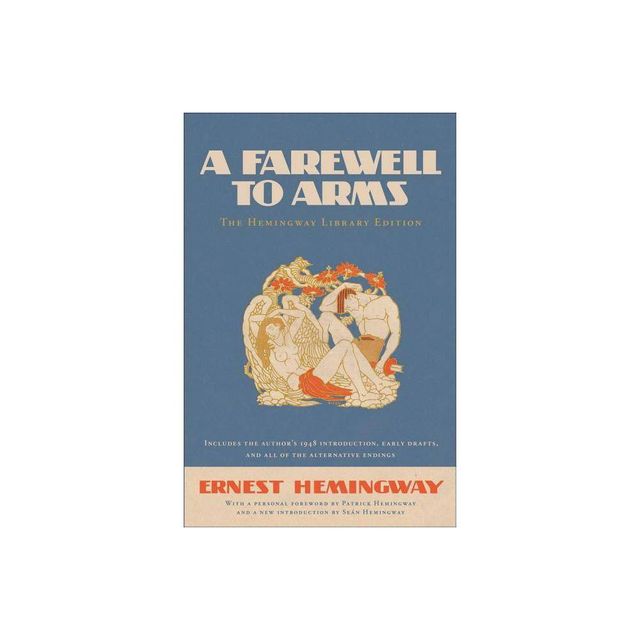Home
Farewell to Arms: How Rebels Retire Without Getting Killed
Loading Inventory...
Barnes and Noble
Farewell to Arms: How Rebels Retire Without Getting Killed
Current price: $125.00


Barnes and Noble
Farewell to Arms: How Rebels Retire Without Getting Killed
Current price: $125.00
Loading Inventory...
Size: Hardcover
*Product Information may vary - to confirm product availability, pricing, and additional information please contact Barnes and Noble
How, in the absence of institutional mechanisms, do Maoist rebels in India quit an ongoing insurgency without getting killed?
How do rebels give up arms and return to the same political processes that they had once sought to overthrow? The question of weaning rebels away from extremist groups is highly significant in counterinsurgency and in the pacification of insurgencies. In
Farewell to Arms
, Rumela Sen goes to the rebels themselves and breaks down the protracted process of rebel retirement into a multi-staged journey as the rebels see it. She draws on several rounds of interviews with current and former Maoist rebels as well as security personnel, administrators, activists, politicians, and civilians in two conflict zones in North and South India. The choice to quit an insurgency, she finds, depends on locally embedded, informal exit networks. The relative weakness of these networks in North India means that fewer rebels quit than in the South, where more feel that they can disarm without getting killed. Sen shows that these networks grow out of the grassroots civic associations in the gray zone of state-insurgency interface. Correcting the course for future policy, Sen provides a new explanation of rebel retirement that will be essential to any policymaker or scholar working to end protracted insurgencies.
How do rebels give up arms and return to the same political processes that they had once sought to overthrow? The question of weaning rebels away from extremist groups is highly significant in counterinsurgency and in the pacification of insurgencies. In
Farewell to Arms
, Rumela Sen goes to the rebels themselves and breaks down the protracted process of rebel retirement into a multi-staged journey as the rebels see it. She draws on several rounds of interviews with current and former Maoist rebels as well as security personnel, administrators, activists, politicians, and civilians in two conflict zones in North and South India. The choice to quit an insurgency, she finds, depends on locally embedded, informal exit networks. The relative weakness of these networks in North India means that fewer rebels quit than in the South, where more feel that they can disarm without getting killed. Sen shows that these networks grow out of the grassroots civic associations in the gray zone of state-insurgency interface. Correcting the course for future policy, Sen provides a new explanation of rebel retirement that will be essential to any policymaker or scholar working to end protracted insurgencies.


















